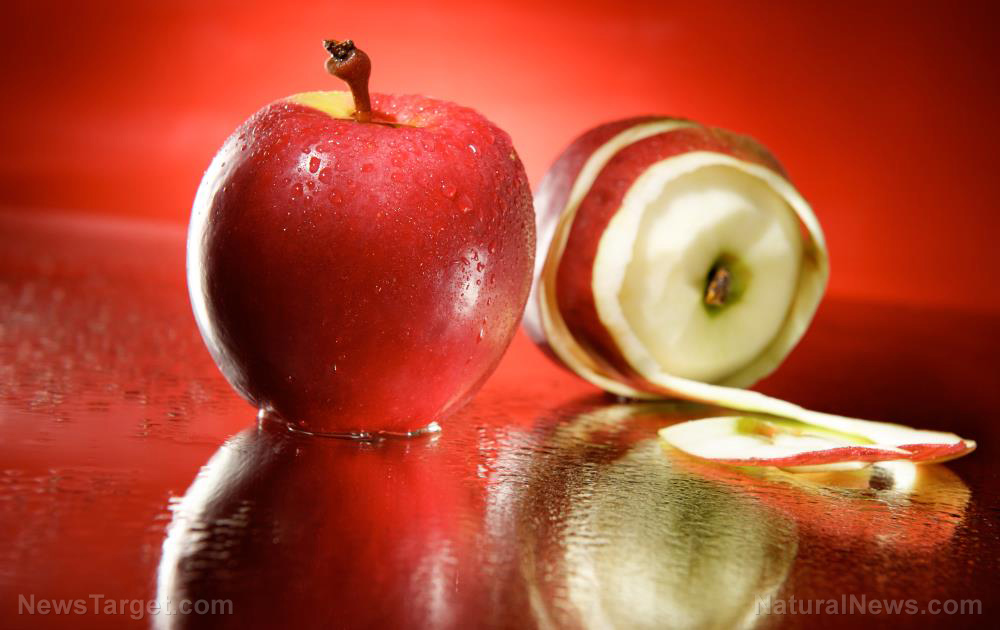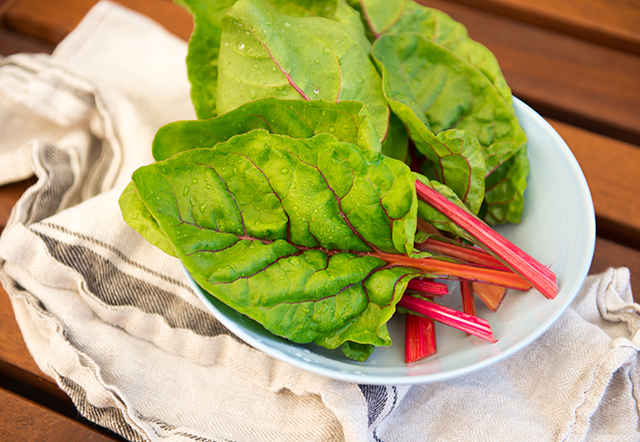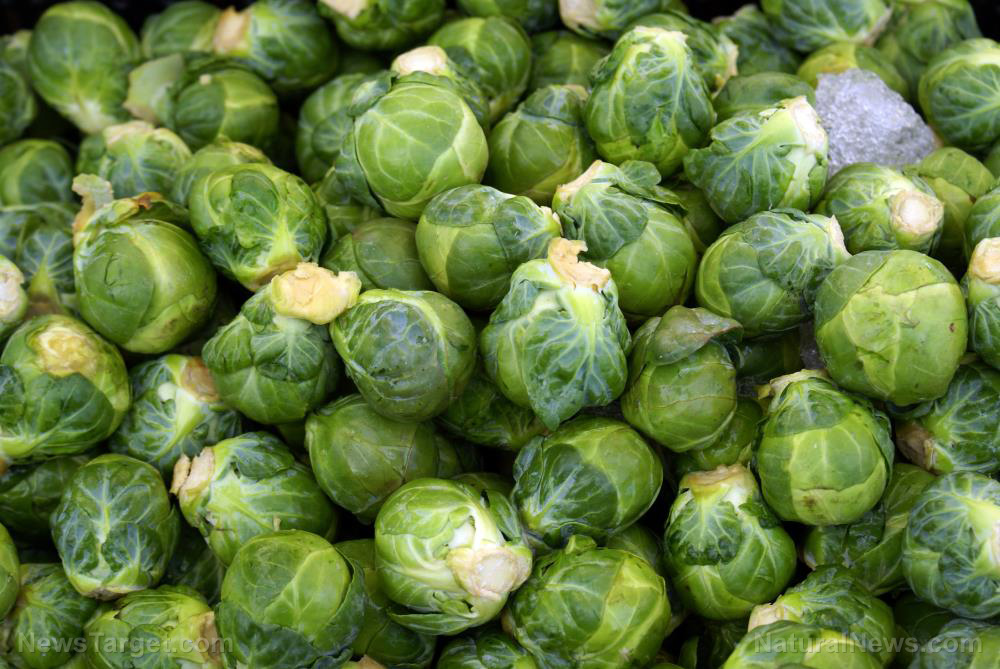From preventing bloating to reduced cancer risk, here are 5 health benefits of eating pineapples
01/17/2019 / By Zoey Sky

The pineapple (Ananas comosus) is a nutritious tropical fruit, and you should consume fresh pineapples if you want to keep your bones healthy and lower your risk of developing cancer.
The health benefits of pineapples
The best way to reap the benefits of this fruit is to drink fresh pineapple juice and eat organic fruits. Listed below are the five health benefits of eating pineapples.
It contains antioxidants that can fight diseases.
Pineapples are full of nutrients and healthy antioxidants. These molecules can help the body fight oxidative stress.
Oxidative stress occurs when there are too many free radicals in the body. Free radicals interact with the body’s cells, and they cause damage linked to chronic inflammation, a weakened immune system, and various diseases. The fruit is also full of antioxidants called flavonoids and phenolic acids. (Related: 8 natural remedies that can cure preventable diseases in the U.S.)
It prevents bloating.
Pineapple contains bromelain, a group of digestive enzymes that can help reduce bloating in the stomach. Bromelain acts as proteases that can break down protein molecules into their building blocks, like amino acids and small peptides.
The National Institutes of Health (NIH) reports that the bromelain in pineapples can also help minimize the inflammation and swelling that occurs in some conditions like arthritis flare-ups, sinusitis, and sore throat.
Consume pineapples if you’re recovering from an infection or injury. Bromelain can also hasten healing time and minimize bruising, pain, and swelling after injuries and surgery.
It prevents blood clots.
The bromelain in pineapples can prevent blood clots. These enzymes can help reduce excessive coagulation of the blood, making the fruit the perfect snack for frequent fliers and other individuals who are at risk for blood clots.
It prevents cancer.
Cancer is a chronic disease that is linked to uncontrolled cell growth, and the progression of the disease is often associated with oxidative stress and chronic inflammation. The results of some studies suggest that pineapple and its compounds can help lower cancer risk since they can minimize oxidative stress and reduce inflammation.
These compounds include bromelain, and test-tube studies have revealed that bromelain can suppress the growth of breast cancer cells and stimulate cell death. Other findings have determined that bromelain can “stimulate the immune system to produce molecules that make white blood cells more effective at suppressing cancer cell growth and eliminating cancer cells.”
It promotes bone health.
Pineapple contains essential minerals like calcium and manganese that promotes bone health and strengthens connective tissue. Researchers from the University of Maryland Medical Center suggest that manganese helps prevent osteoporosis and ease symptoms of the bone disease by boosting improve overall bone and mineral density.
The nutritional profile of pineapples
A 5.8-ounce cup (165 grams [g]) of pineapple chunks only has 82.5 calories. The serving also has the following nutrients:
- Carbs (21.6 g)
- Copper (9 percent of the Recommended Daily Intake [RDI])
- Fat (1.7 g)
- Fiber (2.3 g)
- Folate (7 percent of the RDI)
- Iron (3 percent of the RDI)
- Magnesium (5 percent of the RDI)
- Manganese (76 percent of the RDI)
- Niacin (4 percent of the RDI)
- Pantothenic acid (4 percent of the RDI)
- Potassium (5 percent of the RDI)
- Protein (1 g)
- Riboflavin (3 percent of the RDI)
- Thiamine (9 percent of the RDI)
- Vitamin B6 (9 percent of the RDI)
- Vitamin C (131 percent of the RDI)
Vitamin C is necessary for proper growth and development and a strong immune system. The vitamin can also promote the proper absorption of iron from the diet.
Pineapples also have vitamins A and K, along with calcium, phosphorus, and zinc.
Always consult a healthcare professional before you increase your intake of pineapples, especially if you have allergies or diabetes.
You can read more articles about the health benefits of pineapples and other nutritious fruits at Fruits.news.
Sources include:
Tagged Under: antioxidants, bone health, Bromelain, diet, fruits, nutrition, organics, pineapples



















